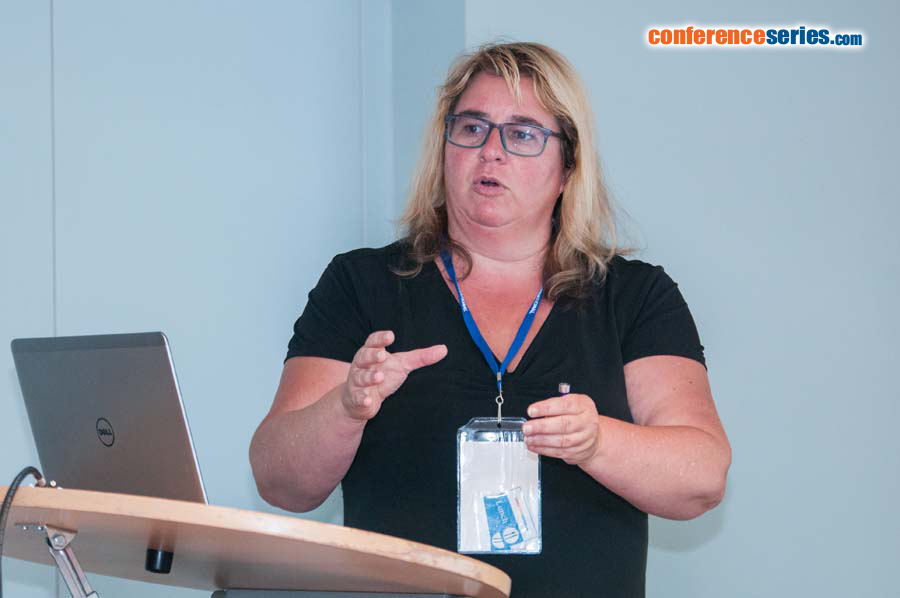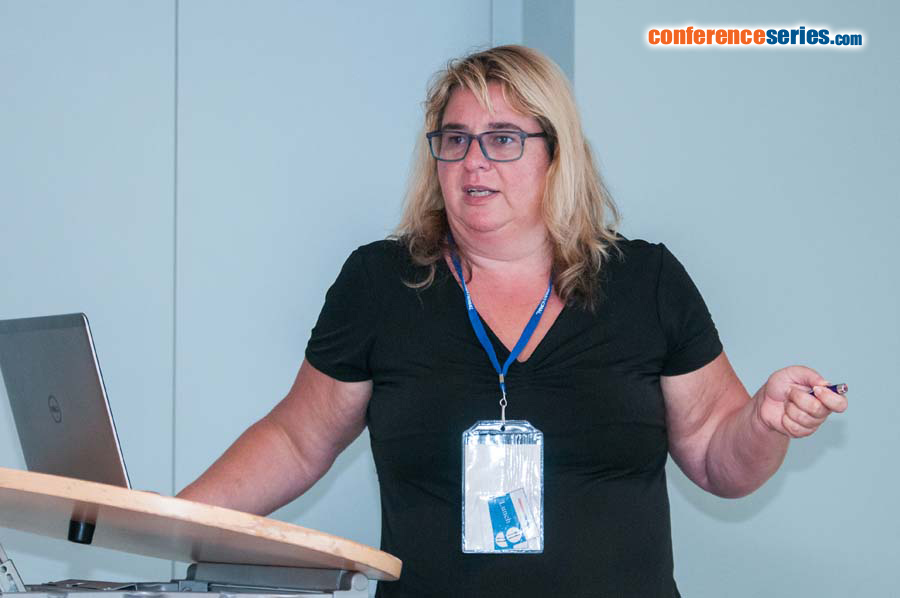Anja Nohe
University of Delaware, USA
Title: New treatments for articular cartilage formation and repair
Biography
Biography: Anja Nohe
Abstract
Osteoarthritis (OA) is characterized by the progressive degradation of articular cartilage. There are no treatments today that can stop or reverse the loss of cartilage degradation. A desperate need for treatment options are on the rise as does the OA cases on an annual basis. Growth factors like Bone Morphogenetic Proteins (BMPs) are known to be present throughout the chondrocytic lineage and influence their secretion of extra cellular matrix (ECM) that is essential for the formation of articular cartilage. However, BMPs usage as a therapeutic has many drawbacks as they are known to initiate chondrocyte hypertrophy and cartilage degradation. In order to develop a more specific treatment we designed a peptide CK2.1. Using state of the art imaging techniques and system biology approaches we designed a peptide that activates a very specific BMP2 signaling pathway without the induction of chondrocyte hypertrophy. Injection into the tail vein of mice reveals increased articular cartilage formation. Additionally, markers for cartilage formation such as collagen type IX are up-regulated. This is in sharp contrast to BMP2 injection. BMP2 injection up-regulated collagen type X and MMP13 markers for hypertrophy. Second harmonic imaging of the cartilage shows a more improved structure of the cartilage. These data make CK2.1 a peptide that can restore cartilage without induction of hypertrophy and a useful therapeutic for OA treatment.



